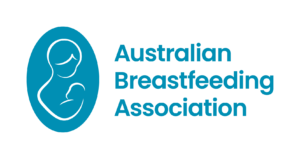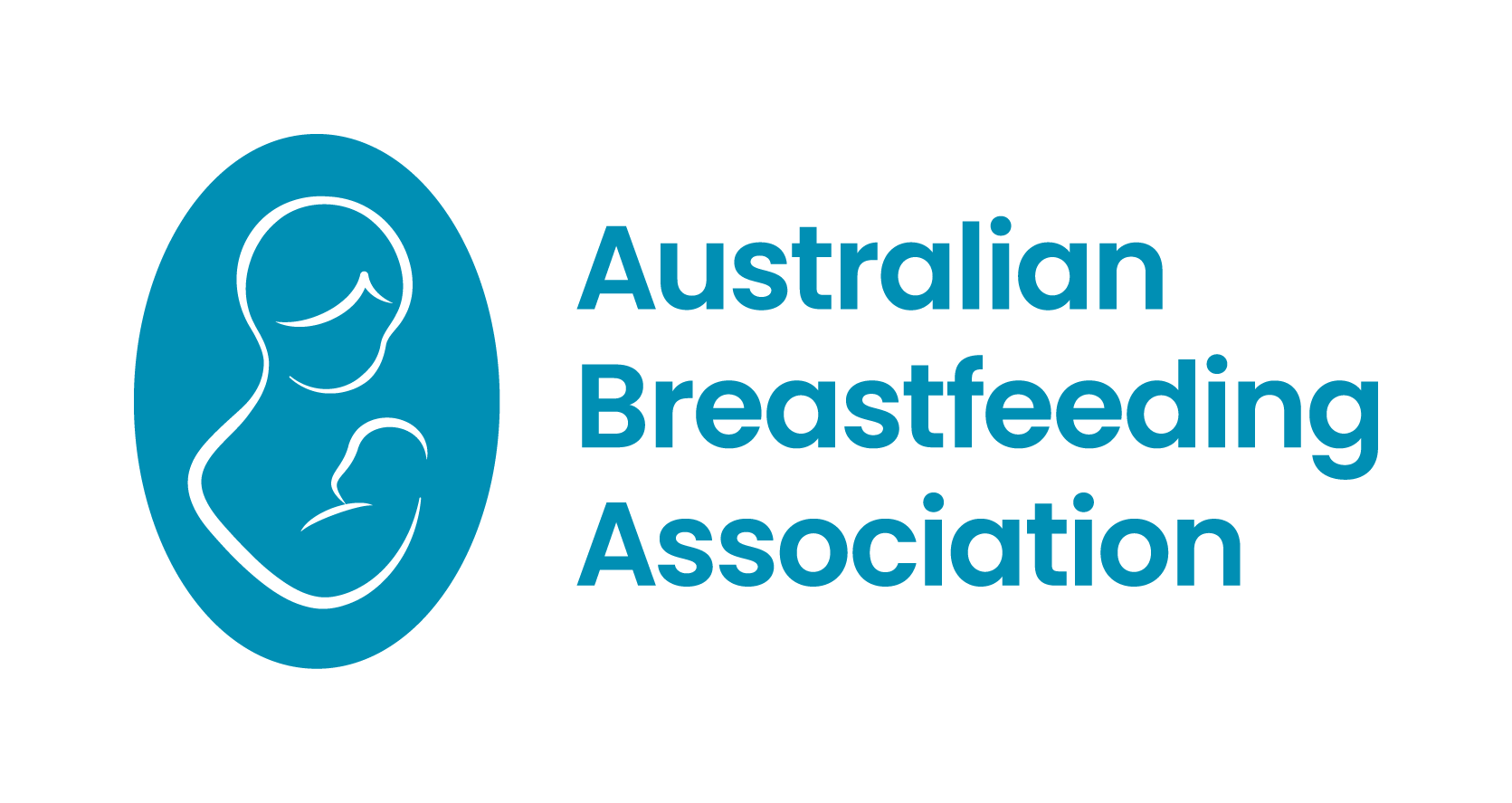Role of Human Milk Bioactives on Infants’ Gut and Immune Health.
Carr LE, Virmani MD, Rosa F, Munblit D, Matazel KS, [...]
Carr LE, Virmani MD, Rosa F, Munblit D, Matazel KS, [...]
Colostrum plays a unique role in the transition of the baby to extra-uterine life. It differs from mature breastmilk in a number of ways. Colostrum is a concentrated source of protein, sodium and immunoglobulins (Brodribb 2019). Lower carbohydrate (lactose) levels result in lower volumes; whereas in mature breastmilk, lactose acts osmotically to draw water into the milk (Brodribb 2019). Colostrum also has a laxative effect, helping baby to pass meconium (Brodribb 2019). Secretory IgA, lactoferrin and maternal lymphocytes provide a source of passive immunity to complement that provided via the placenta (Wambach 2016). Human milk oligosaccharides promote the colonisation of baby’s intestinal system with bifidobacteria and act as decoys to prevent infection by pathogens (Wambach 2016).
Terms of service
Contact ABA
Need help now?
Call our Breastfeeding Helpline

Acknowledgement of Country
The Australian Breastfeeding Association acknowledges the Traditional Owners of the lands known as Australia. We wish to pay our respects to their Elders past and present and acknowledge Aboriginal and Torres Strait Islander women who have breastfed their babies on Country for more than 60,000 years, and the partners, families and communities who support them.
ABN: 64005081523
The Australian Breastfeeding Association is a Registered Training Organisation
(RTO 21659) and receives funding from the Australian Government.
Quality Indicator Survey Results.
Copyright © Australian Breastfeeding Association | ABA receives funding from the Australian Government

